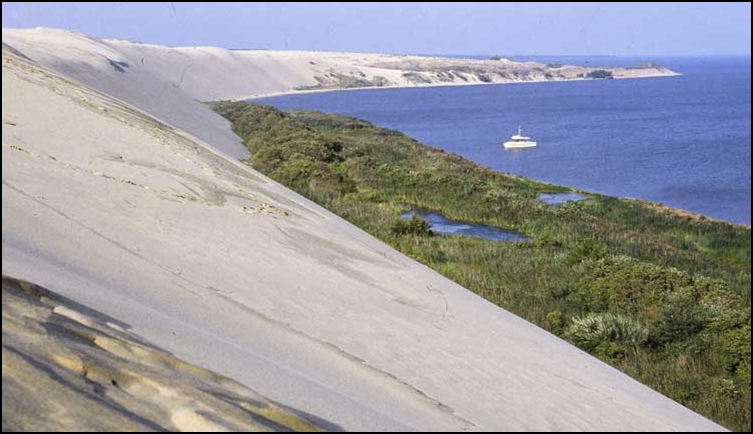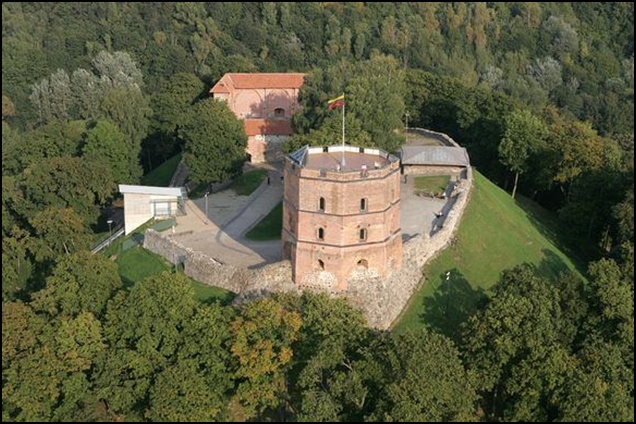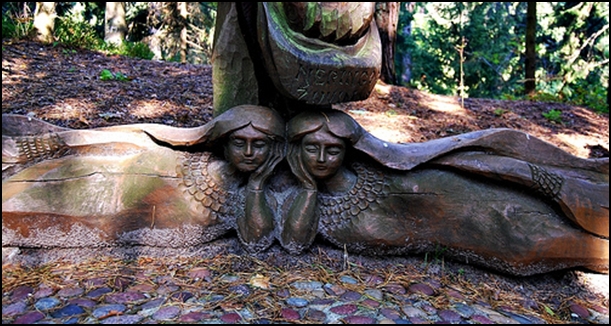When I was asked to name five things I like especially, I was confused because there are so many of them. In spite of everything I have distinguished some and want to share them with you.
First, I like the amber. After the storm when the sea
calms down there are lots of weeds on the shore. They are taken from the depth
by the waves and as a legend tells hide the secret pieces from the Jurate‘s
castle – the amber. This tiny precious stones value much more to me than the
big ones bought from the stores.
Secondly, the Curonian Spit invites me back
every summer. It's a narrow strip of sand stretching many kilometres along the
Baltic Sea reminds the ancient times when Neringa protected people from the
stormy sea.

Then, the Hill of Crosses impresses with the
aura of spirituality. People still remember its shocking story of the castle
burned with four thousand men with their children and women. Though the slain
formed the hill, it wasn‘t the event which started the tradition of crosses.
This happened later when the very ill man promised God in his prayer to put the
cross on the hill. The man got well and kept his promise. The tradition extends
till our days and the Hill of Crosses grows. The testimonies of happy people
grow too. Although Lithuania‘s landscape is flat, I have
a passion for the hills.  Gediminas Hill
is one of my favourite places. It‘s due to the legend of Iron Wolf which showed
in a dream to Gediminas, the Grand Duke of Lithuania, and conveyed the message
to build the town. He ordered to mound the place for the castle, so Gediminas
Hill appeared. And as the High Priest, Kriviu Krivaitis, proclaimed the town
became prosperous. It is the capital of Lithuania till our days. Gediminas Hill
is one of my favourite places. It‘s due to the legend of Iron Wolf which showed
in a dream to Gediminas, the Grand Duke of Lithuania, and conveyed the message
to build the town. He ordered to mound the place for the castle, so Gediminas
Hill appeared. And as the High Priest, Kriviu Krivaitis, proclaimed the town
became prosperous. It is the capital of Lithuania till our days. The last, but not the least thing is the Hill
of Witches. Lithuania is a catholic country, but looking to the past it has the
roots of paganism too. The thing which attracts me to that hill is not the
religion though, I like the woodcarving and there are about 80 wooden
sculptures. The hill is located in the forest and it is especially attractive
on Midsummer Night's Eve celebrations. 
written by Jurgita Bertuliene
|